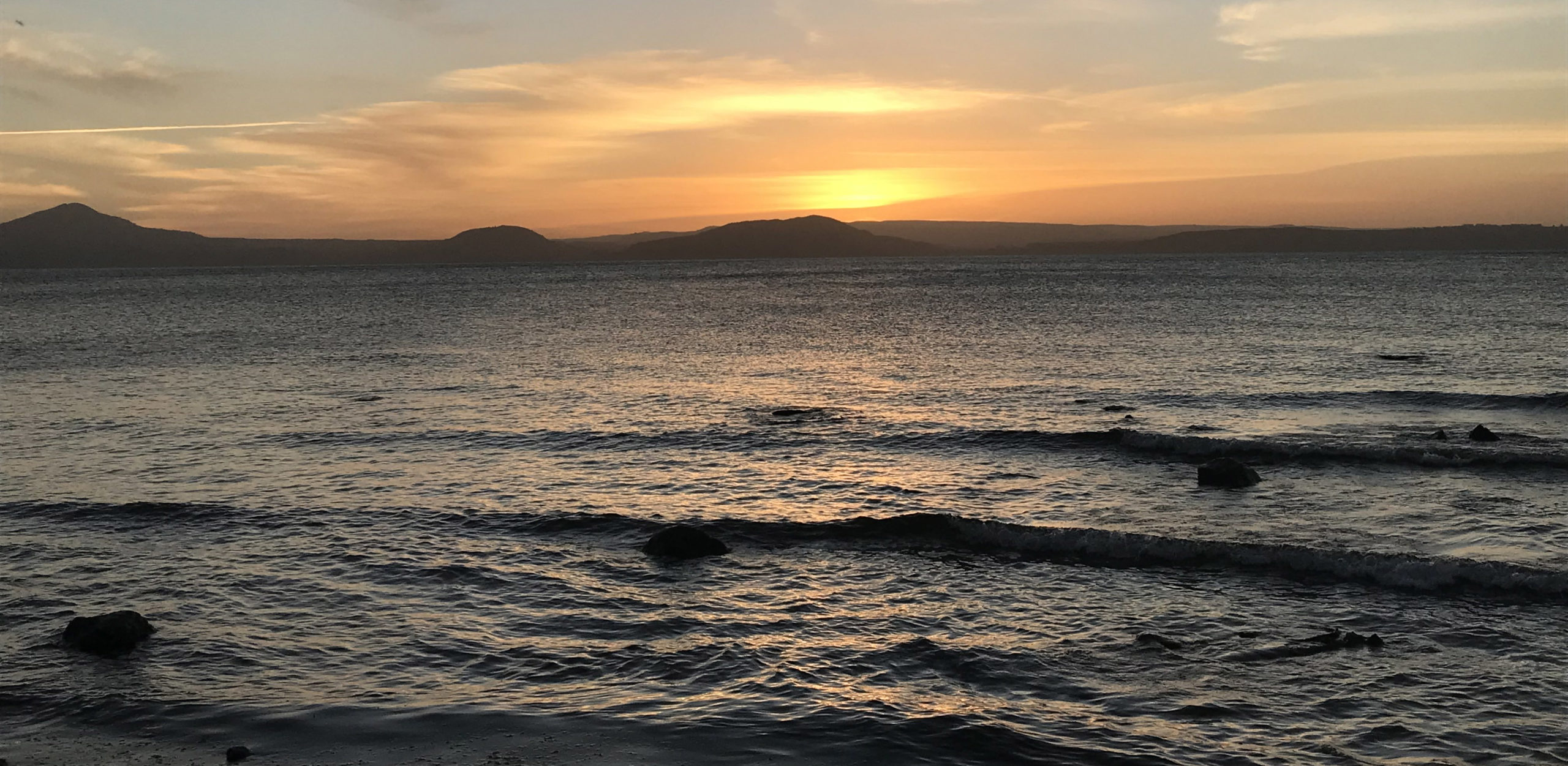
20 Apr Staying Generous: the Art of Manaakitanga
In 1856, rangatira (leaders) from iwi across Aotearoa were hosted by Ngāti Tūwharetoa and gathered at Pūkawa on the shores of Lake Taupo to determine who would become the first Kingi o ngā iwi Māori (Māori King).
To prepare for this historic gathering of prestigous rangatira, our Tūwharetoa tupuna laboured for two years. As people whose existence was intimately interconnected with their environment, they calculated the impact of providing kai and in the necessary quantities. Many maara kai (food gardens) were planted out, harvested in season, and the bounty stored. Over 80% of the birdlife in the area was trapped and preserved with the knowledge that it would take over 60 years to rejuvenate. The gathering at Pūkawa is still renowned as a display of manaakitanga at its height.
Manaakitanga is a particular kind of generosity that enhances the mana of others. It surpasses expectations, anticipates need, and meets it in advance, with no expectation of reciprocity. Manaakitanga can inspire creativity and enliven the senses. Yet, it is not about quantity. It is also the widow’s mite (Lk 21:1–4). It is a few extra sausages on the BBQ and a blanket around cold shoulders. Manaakitanga is about the other, and, in whichever form it takes, it brings life.
When we practice manaakitanga, it ushers us into new ways of experiencing God’s intentions for us as his image bearers. I’ve shared how the story of Pūkawa is still an inspiration to our iwi. What other inspirations are available to us that can deepen, enrich, and embolden generosity in us as individuals? As his image bearers, how might we echo the extravagant generosity, the manaakitanga of the Creator towards his creation?
Water is a vital element within the Māori world. When we say, Ko wai koe (who are you?), the literal translation is “What water are you?” Water carries identity, blessing, cleansing, and healing for us as Māori. In a Māori worldview, it makes perfect sense that Christ is called “Living Water”.
In his book, Atomic Habits, James Clear explores the idea of habit forming as a question of taking on a new identity. In a play on that idea—on water as identity and Christ as the Living Water—I’d like to invite you into a reflection practice inspired by te āo Māori.
The practice
If you are a person who is always on the go, has quick movements, or moves at pace, try to find a body of water that is relatively still, like a lake or the ocean when it’s calm. If you are a person who is naturally reflective, ponders long before making a move, or tends to meander through your days, try to find a source of water that is moving, like a river or stream.
The idea behind the water having an opposite nature to our own is that it can inspire alternative reflections to what we’re used to. Take with you tools for writing or drawing but try to avoid using a device—keep it old school.
Find a spot where you can sit near the water and invite Wairua Tapu, the Holy Spirit, to guide your reflection. In te reo Māori, the word “whakarongo” means to listen but with all of your senses. In the way of “whakarongo”, familiarise yourself with the water and its surrounds—its movements, sounds, and the life forms busy within and around it. Notice its different forms and colours and its touch—ripples, foam, spray, and its rush or its stillness. Think about how water brings, sustains, and renews life.
- What does water reveal about the generosity of Jesus, who chose to identify with this element?
- Meditate on these words of Jesus: “… but whoever drinks the water I give them will never thirst. Indeed, the water I give them will become in them a spring of water welling up to eternal life” (Jn 7:37).
- God is the master of manaakitanga. “We love because he first loved us” (1 Jn: 4:19). What has it felt like when you have received aroha from someone else?
- When you are ready, consider an area of your life where an expression of manaakitanga will be appropriate. How will you make this happen?
As we seek to become more like Christ and seek his kingdom here on earth, may water remind and guide us into a deeper understanding of our identity in him.
“Every action you take is a vote for the type of person you wish to become. No single instance will transform your beliefs, but as the votes build up, so does the evidence of your new identity.” – Atomic Habits, by James Clear.
(Image: Lake Taupō, photo by Hannah Chapman, 2022)

